English Dub Review: Ahiru no Sora “The Ugly Duckling,” “Boys Without Talent,” “Momoharu’s Wings”
Overview
Sora Kurumatani begins his prospective high school basketball career by butting heads with the delinquent members of his school’s team.
Our Take
Classic shonen sports animes are always a fun time. But ultimately their strength is dependent on the strength of its characters.
Sora is about as typical and cliche as these types of shonen protagonists can get. He is constantly snubbed by the basketball team for being too short. He has a cherished pair of basketball shoes that he received from his presumably dead mother, which are constantly under threat from bullies. Yet he perseveres and works hard, and these things always come through for him. These are all super familiar traits, nothing entirely unique.
But Sora is mostly a passive character, merely trying to do his own thing amidst a torrent of obstacles. He hasn’t really pushed back against the people who have given him grief so far. This passivity is a bit atypical; usually, a protagonist is eventually pushed to a point of breaking and will force some sort of big event to occur. But thus far, Sora has stuck to playing along with the bullies, content to simply beat them at their own game. This is satisfying to watch but isn’t cathartic. Sora seems made to just withstand this pressure, but perhaps his big breaking point will come further down the line.
Despite Sora’s mostly passé nature, I find him somewhat enjoyable to watch. His nature doesn’t come through as just shy or timid, but rather as someone who is inherently and thoroughly passive, to his detriment. He is very prone to stress and overacts to everything. In practice, some of these reactions are over the top and occasionally he can be funny to watch. This along with his hard-working nature will further aid him as an endearing character.
Another big sports cliche present is that of the degenerate basketball club being transformed into a viable competitive team by an eager protagonist. This sort of plot is even definitively foreshadowed in the show’s opening animation.
Momoharu is representative of most of the rest of the team members in that respect. He’s like them in that he spent most of his time after school abusing the basketball club facilities as just a place to hang out and cause trouble.
But where Momoharu diverges is that he’s given a distinct backstory, though this is also in the realm of familiarity. An athlete who put in the work but failed left the game in contempt and pursued a life of belligerence. And then Sora shows up, he sees his old hard-working self in Sora and is inspired to pick up the game again. It’s all there like one would expect, but unlike Sora, he doesn’t have any other factors that make him compelling to watch. His story just plays out like you would expect, no twists or turns to spice it up. Perhaps he’ll come through once the real basketball begins.
The final main character established is Momoharu’s twin brother, Chiaki. One of the roles he serves is as comedic relief. His persistent antics provide quite a few laughs as he frequently places himself in absurd positions, much to the chagrin and inconvenience of Sora. This is a very traditional style of Japanese humor, to have an irreverent fool constantly scorned by an unfortunate bystander, and it proves effective.
Chiaki’s other role is in being something of an early antagonist, the initial nay-sayer who needs to be turned around. He’s fairly adamant in this role, and with some good reason. He saw his twin brother try and fail, so it may be fair to say that as his twin he felt some of that frustration himself. And this stubbornness has not yielded to Sora’s perseverance yet. History would suggest that after witnessing everyone else try their best and achieve some success he’d turn around. My guess is that will happen, simply because we do see him playing basketball in the opening animation.
Lastly, there’s one of the few female characters, Madoka. She at first appears to be just a contrast to the boys’ basketball team, being the ace of the girls’ basketball team who share the same gymnasium. Additionally, she’s also played up to be a potential romantic interest for Sora, as he is perennially smitten with her.
While she does act in these roles, she also does go a little bit beyond the role of a token female character. In addition to just getting more screen time, she spends most of that time actually participating in the boys’ team’s antics and even standing up for Sora when they’re acting particularly foolish. This establishes her as more of a character in the capacity of a sort of foil to the main characters, which is more than what I expected. I hope her character continues in this fashion, and she’s not relegated to just cheering for them on the sidelines.
Sports shows typically revolve around one clear message, usually something to the effect of, “Never give up,” or, “Teamwork will always win.” Further, they’ll add their own unique spin on it. This is often done by tying the message to a character’s specific conflict. How said character overcomes their personal challenges delivers the payload for this message.
For Sora, the message seems to be a very basic “Never give up.” There’s no real specific conflict as of yet, as we’re just introducing everybody. Right now, Sora is just struggling to do what he wants in a hostile environment, which is admirable in its own right. He’s butted heads with all the other boys and even managed to turn a leaf for Momoharu, but nobody has put him to real brass tacks. But the end of the third episode indicates that his first real test will be coming up very soon.
The animation thus far is what I would call passable. The basketball action in the first episode was relatively fluid, but not terribly complex in terms of movement. After the first episode though, there is what looks like an over-reliance on freeze frames. There will be several frames of quick movement, followed by a freeze-frame and a sound effect, followed by a bout of hastily interpolated frames, and then a quick cut to another perspective. There are no real mistakes to speak of in the execution, just a slight lack of effort. Hopefully, they’re saving the budget for the real basketball matches.
Though Ahiru no Sora is littered with all sorts of sports cliches, it isn’t stymied by them. Like most successful shonen sports stories, so far it is utilizing them as building blocks to construct a setting where it can showcase its characters. While it won’t be breaking the mold, hopefully, this show will turn out some strong character arcs and some tense basketball matches.

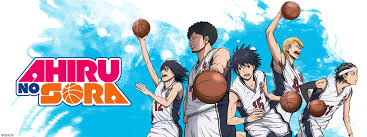
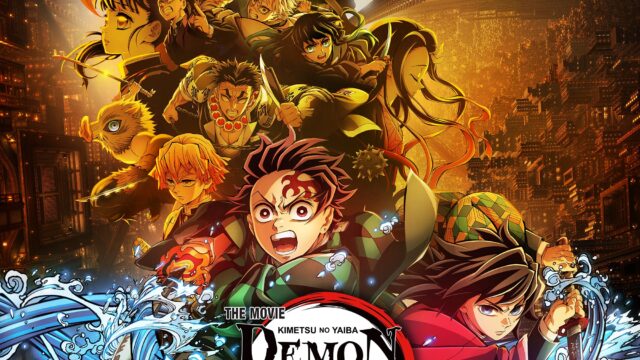
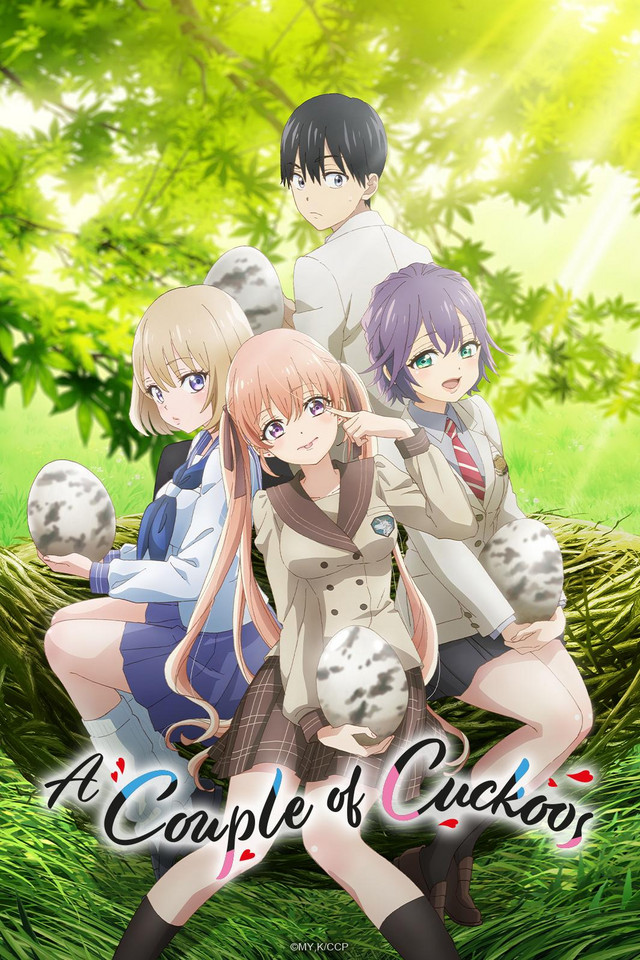
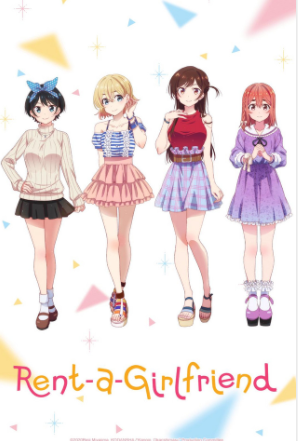
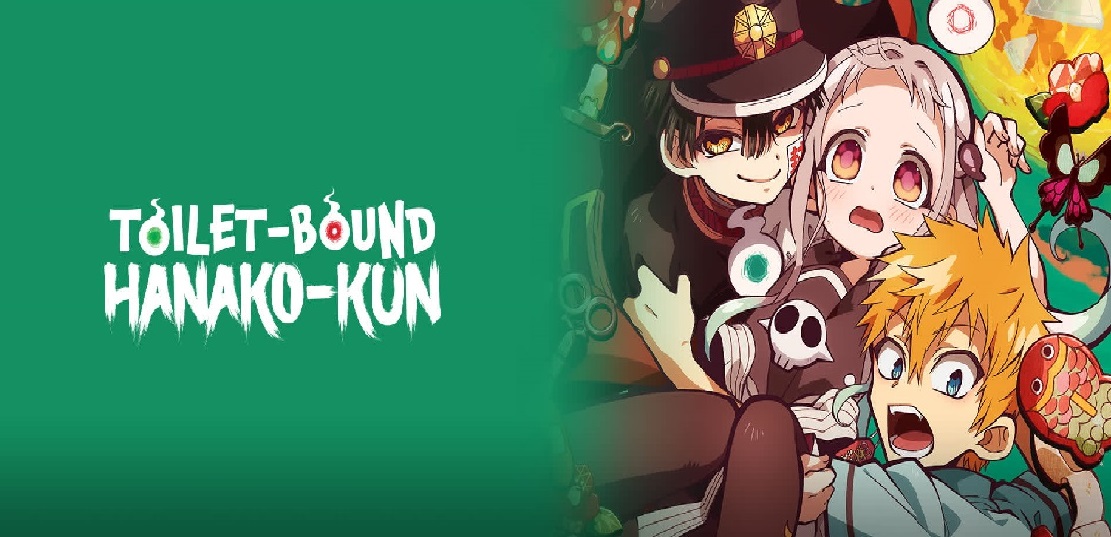
















"There are also other characters that come and go (also owned by the Warner Bros. Discovery conglomerate media company)."
Huh. Is that just referring to other characters from the show itself, or is this implying that the new season is going to have cameos from other WBD IPs